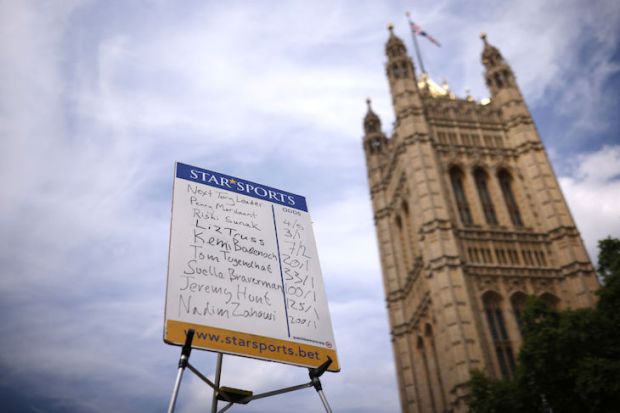Is Tony Blair ever going to give up hope of foisting ID cards on us? As prime minister, he was defeated over the issue – his plans were eventually dropped by the incoming coalition in 2010. He tried again during the pandemic, trying to sell us the idea of vaccination passports.
Already a subscriber? Log in
Subscribe for just $2 a week
Try a month of The Spectator Australia absolutely free and without commitment. Not only that but – if you choose to continue – you’ll pay just $2 a week for your first year.
- Unlimited access to spectator.com.au and app
- The weekly edition on the Spectator Australia app
- Spectator podcasts and newsletters
- Full access to spectator.co.uk
Or





















Comments
Don't miss out
Join the conversation with other Spectator Australia readers. Subscribe to leave a comment.
SUBSCRIBEAlready a subscriber? Log in